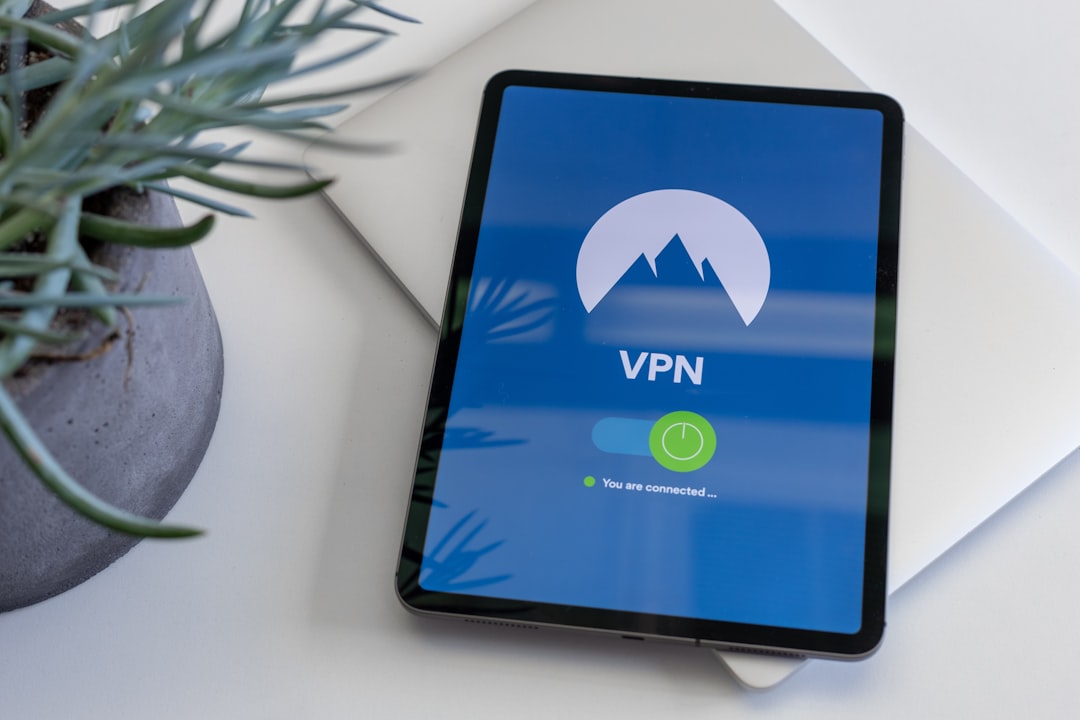Virtual Private Networks, or VPNs, have become an essential tool for safeguarding online privacy, securing internet connections, and bypassing geo-restrictions. As awareness of cybersecurity increases, more individuals and businesses are turning to VPNs. However, one of the most common questions that arises during this search is: How much does a paid VPN cost? Understanding the expenses associated with a paid VPN is crucial to making an informed and secure investment in online privacy.
A paid VPN service can vary widely in price depending on several factors such as features, speed, security protocols, server locations, and customer support. Let’s explore the general cost structure and what you should expect to pay.
Average Cost of a Paid VPN
In 2024, most reputable VPNs offer monthly, yearly, and multi-year subscription plans. The longer the commitment, the more cost-effective the plan becomes:
- Monthly Plan: Ranges between $9 to $13 per month
- Yearly Plan: Averages $60 to $100 per year (equivalent to $5 to $8 per month)
- Two or Three-Year Plan: Usually $2 to $4 per month, translating to around $50 to $100 total for the full term
The most economical option is typically the multi-year subscription, but users are encouraged to evaluate whether the long-term contract aligns with their personal or business needs.

What Do You Get With a Paid VPN?
Unlike free VPNs, paid VPN services provide more comprehensive security and features. Here are some of the benefits you typically gain access to:
- High-level encryption: Protects your data using industry-standard protocols like OpenVPN, WireGuard, or IKEv2.
- Ad-free experience: Removes intrusive ads and trackers that are sometimes present in free VPNs.
- No data caps: Enjoy unlimited bandwidth suitable for streaming, gaming, and large downloads.
- Global server access: Connect to hundreds or thousands of servers in various countries, allowing greater flexibility in bypassing geo-restrictions.
- Customer support: 24/7 customer service via live chat or email for technical assistance and troubleshooting.
These features justify the monthly fee and offer peace of mind, particularly for users concerned about cybersecurity threats, surveillance, or data theft.
Factors That Influence VPN Pricing
VPN prices are not all created equal. Several factors impact how much a provider charges:
- Server infrastructure: VPNs with a larger, more global network often have higher operational costs.
- Security protocols: Advanced encryption and leak protection tools demand more resources and better upkeep.
- Privacy policies: Companies based in privacy-friendly jurisdictions may charge a premium for better data handling practices.
- Additional features: Options like dedicated IP addresses, double VPN, split tunneling, and malware protection can increase the cost.
It’s essential to evaluate whether the additional cost aligns with your usage needs. If you frequently travel, stream content from different countries, or work on sensitive data, a feature-rich VPN may be worth the added investment.
Notable VPN Providers and Their Prices
Here are some leading VPN services and an overview of their current pricing as of 2024:
- NordVPN: $12.99/month, $59.88/year, or $83.76 for 2 years
- ExpressVPN: $12.95/month, $99.95/year
- Surfshark: $15.45/month, $59.76/year, or $72.00 for 2 years
- CyberGhost: $12.99/month, $56.94/year, or $56.94 for a 2-year plan (with 2 free months)
These prices may fluctuate due to promotions, currency changes, or service upgrades. Keep in mind that many providers offer a money-back guarantee, typically within 30 days, allowing you to test the service risk-free.
Final Thoughts
Investing in a paid VPN is a step toward taking control of your digital privacy and securing your personal data. Though prices vary, most users can expect to pay between $2 and $13 per month depending on the provider and the length of the subscription.
Ultimately, the best VPN for your needs should balance price, performance, and features. Take advantage of trial periods, review expert recommendations, and carefully read privacy policies to ensure your chosen VPN aligns with your security and usability expectations.
